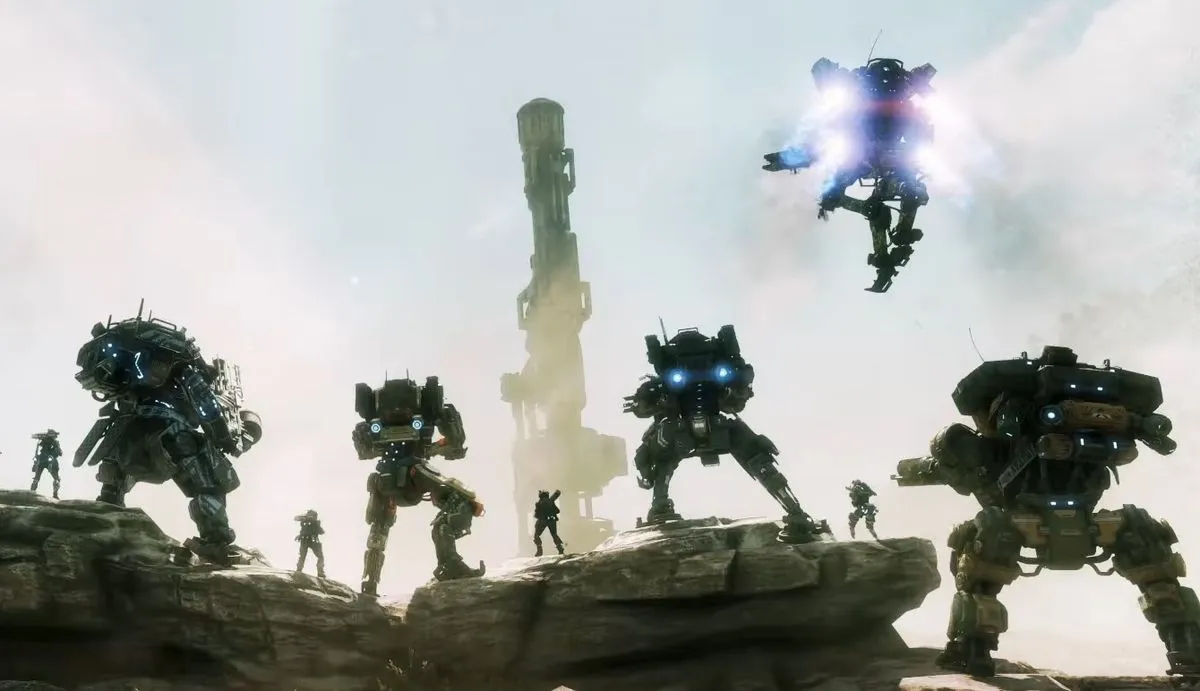tangelo
- 4 Posts
- 2 Comments

 1·1 year ago
1·1 year agoI think you missed the minus sign there and misread this, I will translate it: “The chance for rare loot to drop should be continuously reduced by 10% for every hour you log inside the game. I.e., you should receive rewards for completing difficult challenges rapidly, that is, skillfully.” The implication seems to be that if the challenge is hard and you are not good at it, and are just throwing yourself at a wall repeatedly, or the challenge is non-existent/mindless (chore simulator), if you are repetitively doing either and grinding hours away, they are one and the same, and neither is a meritorious achievement. I think this is an interesting angle, as very few games reward skill expression or eureka moments as a momentous achievement. The vast majority, genre and budget irrespective, rely on the (easier to implement) crutch of locking progression behind pointless tedium, so given enough hours sunk in, everyone can win. It is interesting to think about how, whether, and under what conditions games could reward the above.





The rules, seemingly a carbon copy of the ones from Reddit, state to “use primary sources,” but I think there is a tendency for this to cause undue emphasis to be placed on “authoritative articles” from big online magazines for the sake of posting news. Those links usually have grandiose/clickbaity titles and are often thinly-veiled advertisements or PR hype campaigns in advance of a game’s release (not on the part of the poster, but on the part of the web magazine).
It seems like the posts with the most engagement on a pure post count number tend to be actual questions or comments from users, such as someone waxing about a game they really like, or some kind of meta conversation.
Obviously you want to disincentivize low-effort posts like “My keyboard broke–how do I fix it?” but some middle ground would be good here, so that enthusiasts can actually discuss the nitty-gritty of games with each other, rather than the magazine turning into a silent news aggregator.